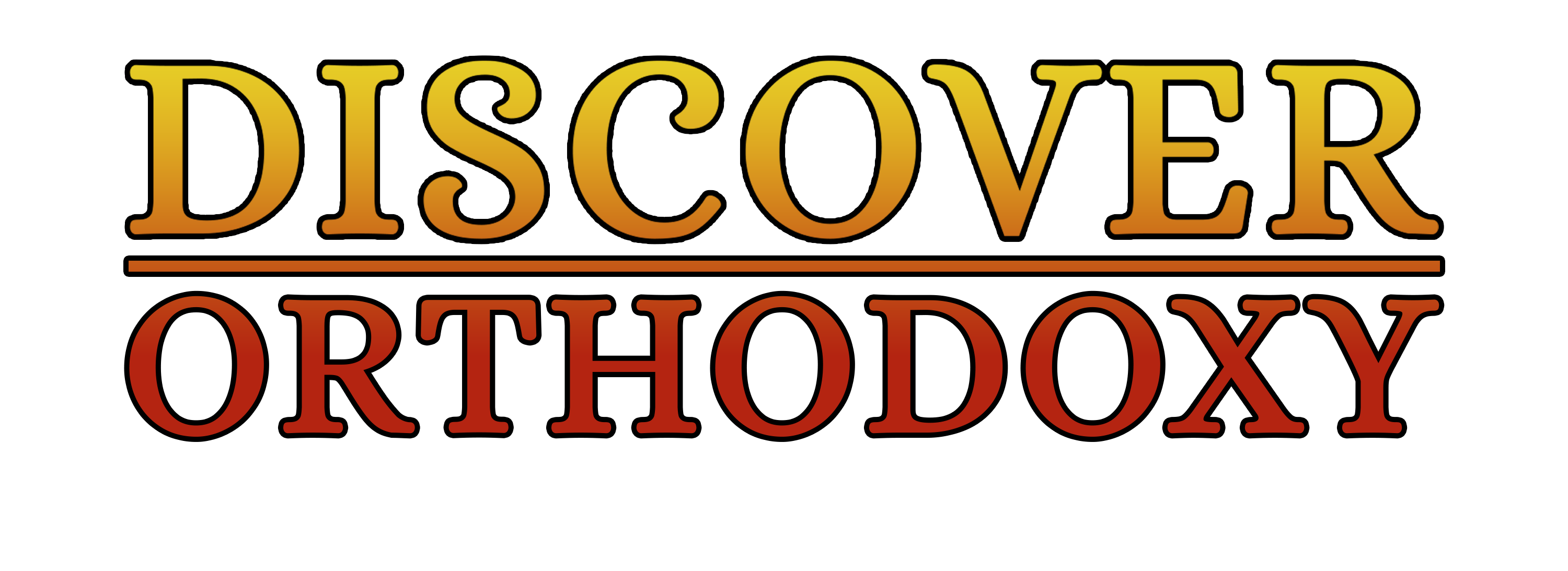
My son Will writes plays. He and I have been talking about the playwright Moss Hart, who maintained (with Aristotle) that “character is destiny”; and we agreed that this is true—certainly when it comes to playwriting. A character in a play is sketched out by the playwright, and his outcome is determined by the playwright. A good playwright forms his characters in such a way as to show what they are made of, as to unfold character. It is a process determined by the author who is in total control—which means that if the play’s outcome is inconsistent with the play’s characters, the play doesn’t “work”. We are unable to get inside of it, unable to “suspend our disbelief”, because the characters are inconsistent; they don’t make sense; they are unbelievable. The chief difficulty for the playwright rests in making characters believable to his audience, and how any character acts and where he ends up must reveal what he is.
“Character is destiny” means that we would be let down if Batman were to partner up with Joker—or if Luke Skywalker would turn to the dark side. In a good play, a good novel, or a good movie, character must be destiny. Hart is spot on.
But does life work this way? Are we characters acting in a play scripted by God?
Well, sort of. But God is above Moss Hart’s law and so are we. This is a matter of faith. If we lack faith, we become like blind Gloucester in King Lear, who says, “As flies to wanton boys are we to the gods; they kill us for their sport”. Nevertheless, God is analogous to a playwright. He has plans concerning the outcome of His “play”. And we believe these plans will be realized in God’s good time—just as any good playwright’s intentions are clarified in the final scene.
*
Our attachment to plays and movies goes beyond mere enjoyment. I think we look for meaning in plays and other fictions because we want our lives to be meaningful, to make sense—to have a “theme”. We want our lives to be like a play, to have a proper beginning, a middle, and an end. And we identify. We see ourselves up there on the stage or the big screen. We long for our lives to “work out”, to be meaningful, and so we are pleased when a character’s destiny is unfolded in a way that makes sense, for better or worse.
But life runs deeper than any play. It is much more complicated. We are not figments of God’s imagination. We are flesh and blood, and we are changeable.
*
Isn’t life all about change? Times change and we change. Whether we change for the better or for the worse is up to us. And yet some say that we cannot change. Our character, they say, is predetermined by our environment or our DNA. Strict Calvinists say that God predestines us for either heaven or hell (they call it “double predestination”). Astrologists say that our lives are written in the stars. All of them say that free will is an illusion, but they are wrong. We know that we are free—free to change, free to imagine good things, free to love. This is not only the good news of the Gospel; it is common sense. In no sense can creatures made in God’s image—made to become like God—be likened to flies, and God cannot possibly relate to us as a wanton boy. Such a god simply does not exist. And anyway, who wants to believe in such a god? I spit on such a god!
Just think of the consequences. If our character is predetermined, then we must be God’s playthings. Then we are relieved of any responsibility for our actions. We may then say, “’Que sera, sera’, whatever will be will be”, as the old song goes. We may become lazy, uninvolved, apathetic. Then we become far less than human. And then we may as well be characters in a bad play—unreal, two-dimensional. Cardboard figures.
*
God’s play is finished—“It is consummated”, as Christ says from the Cross. In Revelation, He says, “It is done. I am the Alpha and the Omega, the Beginning and the End” (21:6). Yet there is so much we do not know. Will I be numbered among the sheep or the goats at the End? Will you? We humans have certainly made a mess of our lives. But we know that God never overwrites. He is in complete control, it is true. But it is also true that God’s script has many blank pages in the middle. As for our last word—the denouement, the working out of our lives—it is illegible to us, but surely not to God.
God only knows.
And yet unlike Moss Hart or any other mortal, God is One Playwright who allows for considerable improvisation. This is one thing we can be mightily sure of. As Hamlet says,
There’s a divinity that shapes our ends, rough-hew them how we will.
Fr. Paul Martin
Annunciation & St. Paraskevi Greek Orthodox Church
New Buffalo, MI
